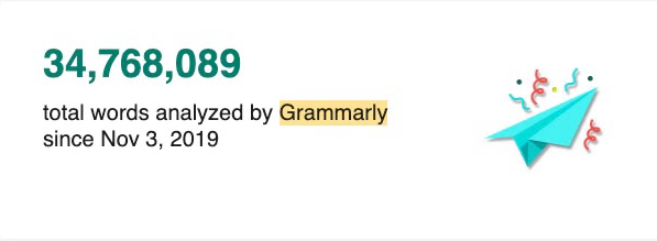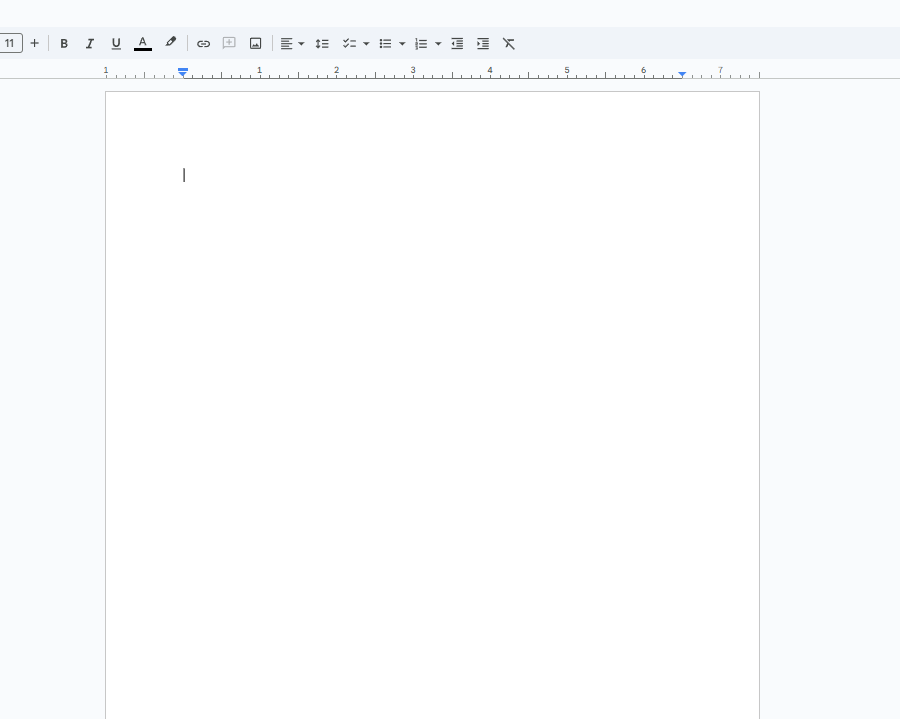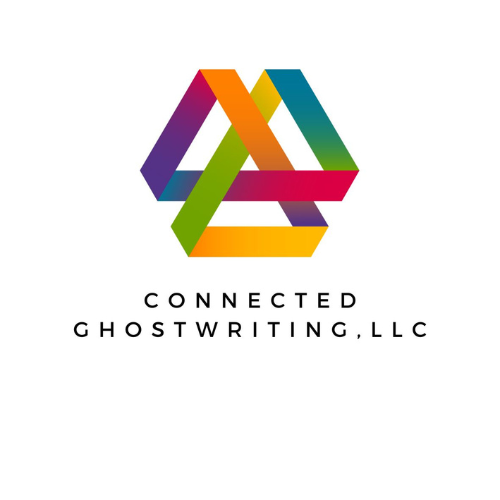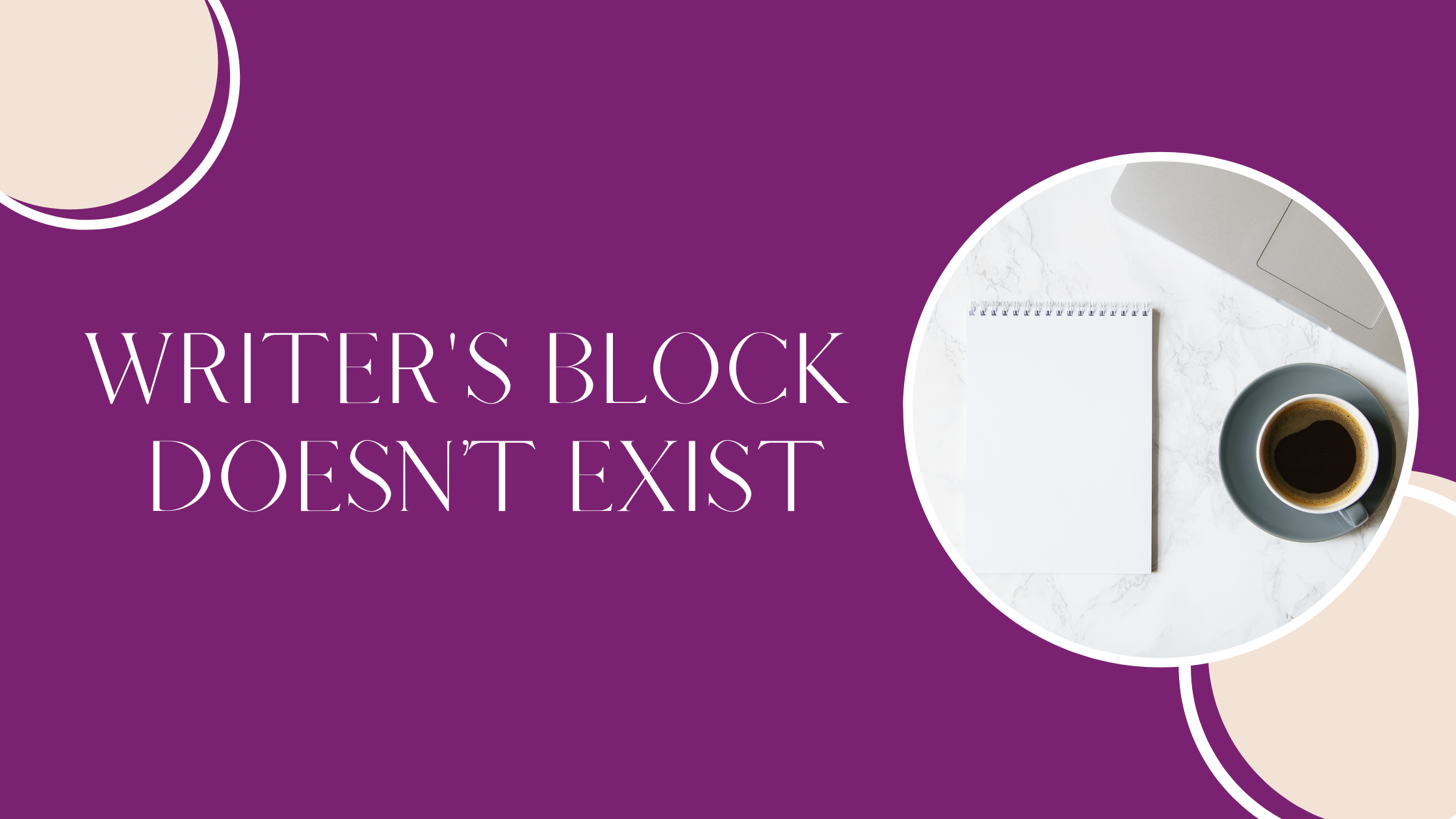I wrote a 276-page manuscript when I was 26. Then, someone close to me deleted it off my hard drive because they were mad at me. (Thank goodness for the invention of the cloud).
After that, I didn’t write for nine years.
I published my first-ever piece of writing for public consumption from a hospital bed. After a months-long downward spiral, I stood up one day only to realize my legs couldn’t hold me. By the time I made it to the hospital, my body couldn’t move independently. My legs were useless, my arms twitched on the arms of the wheelchair, and my jaw shook when I tried to speak. I sat there, locked in my own head, paralyzed from a myriad of neurological symptoms. The first thing to start working was my hands. Sometimes I think a higher power was trying to give me a hearty shove in the right direction.
I pulled out my laptop, logged into Medium, and wrote and published a story with tears streaming down my cheeks.
My writing got noticed—an article syndicated, freelance opportunities, a virtual author fellowship from the Martha’s Vineyard Institute of Creative Writing, and eventually, the invitation to ghostwrite a book, then another. Eventually, I had too much work to do myself, and I hired an editor, a team of writers, and some incredible support staff.
Now, nearly six years later, I’ve written millions of words according to my Grammarly editing software. Sure, that includes pieces like this one and some content from other writers on my team, but it also includes thousands of blog articles written for clients, several books of varying lengths, and all the marketing materials we create to go with them.

We’re a busy team!
For nine years, I said I had writer’s block, but now I’m telling you it doesn’t exist.
Huh?
Let me explain.
Writer’s block is a symptom of something else
I spent nine years scared that my writing would anger someone.
If I said I had writer’s block, I didn’t need to confront that fear.
If I had writer’s block, I couldn’t be held responsible for not completing a book.
If I had writer’s block, I didn’t have to take responsibility for producing my work.
Writer’s block becomes a way to cover up a deeper issue.
Fear, insecurity, imposter syndrome, perfectionism, anxiety, confusion about who you are and what you stand for.
So, how do we overcome writer’s block?
We peel back the layers of ick that keep you stuck.

Three writing tips that I use with my clients (and myself) to beat “Writer’s Block”:
Writer;s
Journal, move, then write
I’d be lying if I said I journal every day. I’m a human, and a very imperfect one. However, when my mind struggles to focus on writing the work I need to produce, I find that journaling is the only way to clear things up. I brain dump all of the thoughts spit out by the spinning hamster wheel of anxiety taking up valuable space in my brain onto a notebook page. Then, I go for a walk and close the fight, flight, freeze loop in my body the anxiety caused. Only once I’ve emptied my brain and moved my body can I sit to write.
Dictate, transcribe, outline
When the words absolutely won’t flow (or my hands hurt from writing all day), I dictate into a voice memo the content I want to write. Then, I use Otter AI to transcribe it and put the transcription into ChatGPT (the paid version that’s been trained using examples of my writing) and ask it to outline the chapter or article for me. That outline helps me get over Blank Page Syndrome.
Hire a Writing Coach
I believe that if a coach doesn’t have a coach, you shouldn’t hire them. My editor, Sue Toth, serves as my writing coach. I’ve sent her nearly finished manuscripts and asked what needs to be done to finish them. The roadmap she gives (along with positive encouragement) gets me rolling again. Sue and I work together with coaching clients in Connected Ghostwriting to ensure they’re getting the mindset work as well as the practical writing craft improvements that will take their writing to the next level.
What is writer’s block, really?
It’s an illusion, a self-imposed inhibition, a form of procrastination wrapped in self-doubt and perfectionism. Great writers know that the secret to overcoming writer’s block is to simply write. Whether it’s free writing, brainstorming ideas, or working through the first draft with no judgment, the writing process moves forward when you pick up the pen (or keyboard) and push through the resistance.
Many professional writers who have faced the dreaded blank page understand that writer’s block is just another challenge in the creative process. By building a strong writing routine, setting aside time for prewriting, and allowing creative juices to flow freely, the blockage disappears. Whether you’re writing a short story, a non-fiction bestseller, or even a social media post, the key is to start.
If you find yourself stuck in a long period of time without progress, it may not be writer’s block but rather an underlying fear of judgment or failure. Instead of sitting in a coffee shop staring at your screen, take action. Engage in creative writing exercises, seek inspiration from The New Yorker or your favorite authors, and remind yourself why you started this writing project in the first place.
There is no such thing as writer’s block—only a writer who needs to face their fears and write through them. Whether you hire a writing coach, seek support from a writing community, or simply commit to writing sessions every day, the solution is always within reach.
The benefit of support
While at Podfest 2025 I met a woman who retired from the military and worked as a leadership coach for a decade. But, in her heart, she was a fiction writer. She’d started and stopped a dozen or more items. Abandoned writing projects sat stuffed into a folder in her bedroom.
One day, her son picked one up to read and said, “Mama, who wrote this?” He stared at her aghast when she told him it was her.
At Podfest, I sat with her in a pitch session and helped her improve the pitch for her book. Then, after the session I dug deeper. By the end of the four-day conference, she had completed a 3000-word writing piece and a 750-word letter of intent for the Martha’s Vineyard Institute of Creative Writing. She did all that while attending the conference sessions during the day. I caught her several times throughout the weekend and checked her progress.
Will she get the fellowship? Who knows. But, she’s walking away from our time together with the realization that she can finish writing projects, confidence that she knows how to pitch them, and real tools for getting unstuck.
Coaching works. If you want support for getting over the writer’s block that’s keeping you from finishing your book, reach out today.


